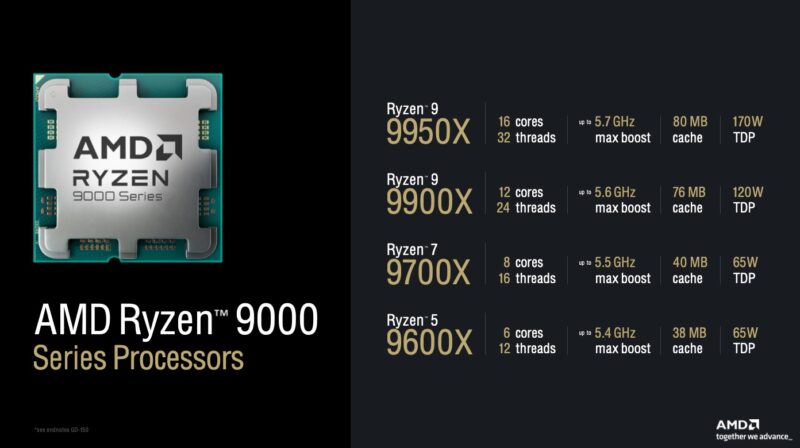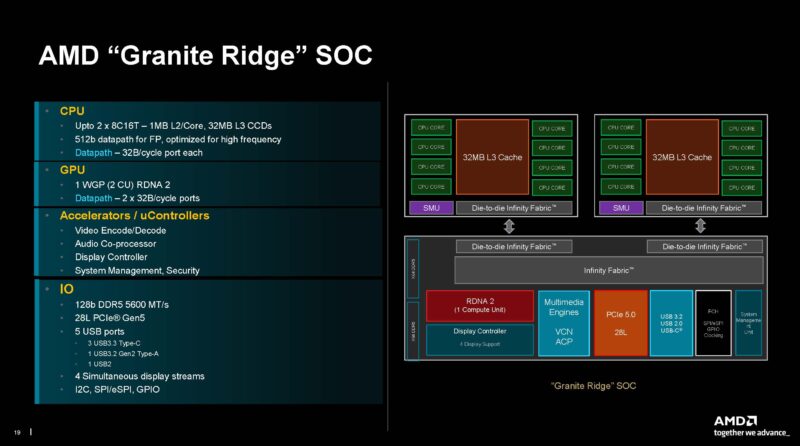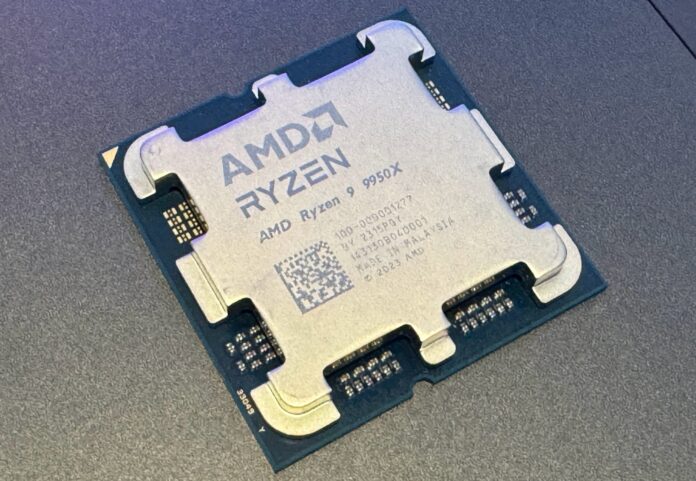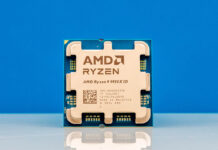AMD sent us a note saying that its newest desktop Ryzen chips will being pushed back due to quality issues. Many have been eagerly awaiting the Zen 5 based AMD Ryzen 9000 series. Just yesterday, we did a quick piece with more details on the Ryzen 9000 Series and Zen 5. The delay is short, but is a bit of a bummer.
AMD Ryzen 9000 Series Delayed Due to Quality Concerns
Here is the official statement that AMD sent on the delay:
We appreciate the excitement around Ryzen 9000 series processors. During final checks, we found the initial production units that were shipped to our channel partners did not meet our full quality expectations. Out of an abundance of caution and to maintain the highest quality experiences for every Ryzen user, we are working with our channel partners to replace the initial production units with fresh units. As a result, there will be a short delay in retail availability. The Ryzen 7 9700X and Ryzen 5 9600X processors will now go on sale on August 8th and the Ryzen 9 9950X and Ryzen 9 9900X processors will go on sale on August 15th. We pride ourselves in providing a high-quality experience for every Ryzen user, and we look forward to our fans having a great experience with the new Ryzen 9000 series. (Source: AMD)
For those who wanted a quick reminder, these were supposed to go on sale in July, now the release is being pushed back to August 2024.

Something really interesting in this is that AMD is effectively re-using the I/O Die in order to speed up the validation process.

Even with using the same socket, the new Zen 5 parts are being delayed.
Final Words
A delay of less than a month will unlikely dissuade people from buying the new parts if they want them. Given the recent challenges around the Intel 13th and 14th Gen parts, it seems like AMD is taking a very cautious approach.
On the other hand, as clock speeds race towards 6GHz, it is at least worth considering whether doing so is negatively impacting stability. Taking the AMD Ryzen 9950X, it is over 10.6W per core of TDP. An AMD EPYC 9654, in contrast, is around 3.75W per core of TDP. It seems like with both Intel and AMD having issues on these recent high clocked chips, that it is becoming at least somewhat more challenging to pump voltage into the parts to keep high clock speeds.
At least AMD is proactively working to make sure folks get high quality parts.





I’m less concerned with absolute maximum boost clocks…the latest chips can’t sustain more than 1 core for more than a few seconds before throttling back from those peaks. It’s mostly useless at the edge like that.
All core boost clocks are more important, and base clocks on AMD are so far better than Intel to begin with, they don’t need to chase those peaks. An AMD 9950X runs 5.5-5.7 stable and Intel 14900ks (whatever that peak model is) runs 6ghz+ unstable it’s an obvious choice. The difference in benchmarks at this edge is <5% across every application. I really don't want AMD chasing intel down the hell-hole of hot cpu's pulling more wattage than a microwave. Intel has to do that because they are behind the curve in process maturity (still).
Base clocks on AMD are over 1GHZ higher than Intel. 4.4ghz base on a 9950x vs 3.2ghz on the i7-14900k and that exists across both companies lineups. I'd rather they got better binning and reliable clocks that chase the last few % points of winning. They already are imho. And competition is good.
Just wait until the previous commenter finds out about “all core boost” clocks.